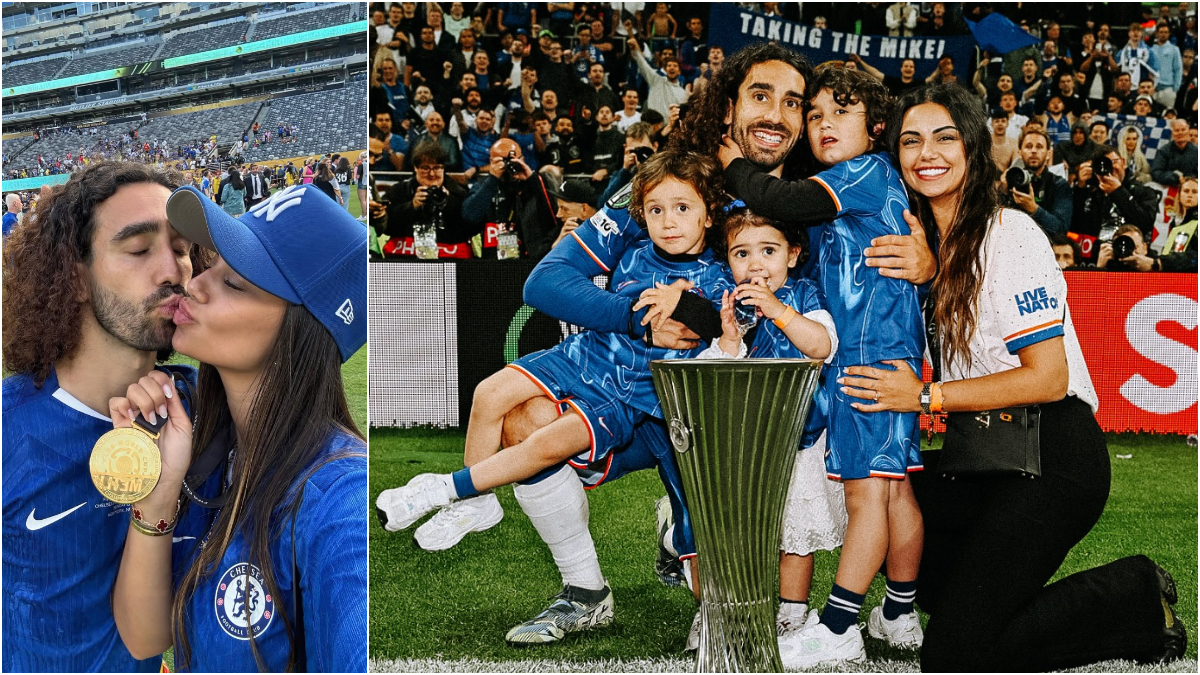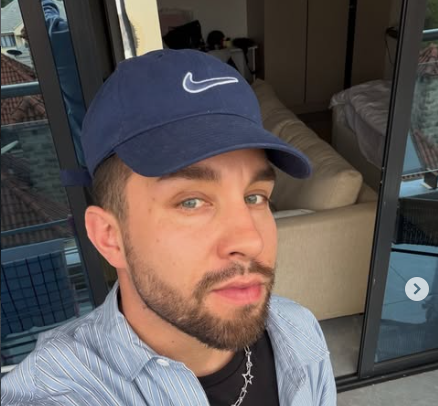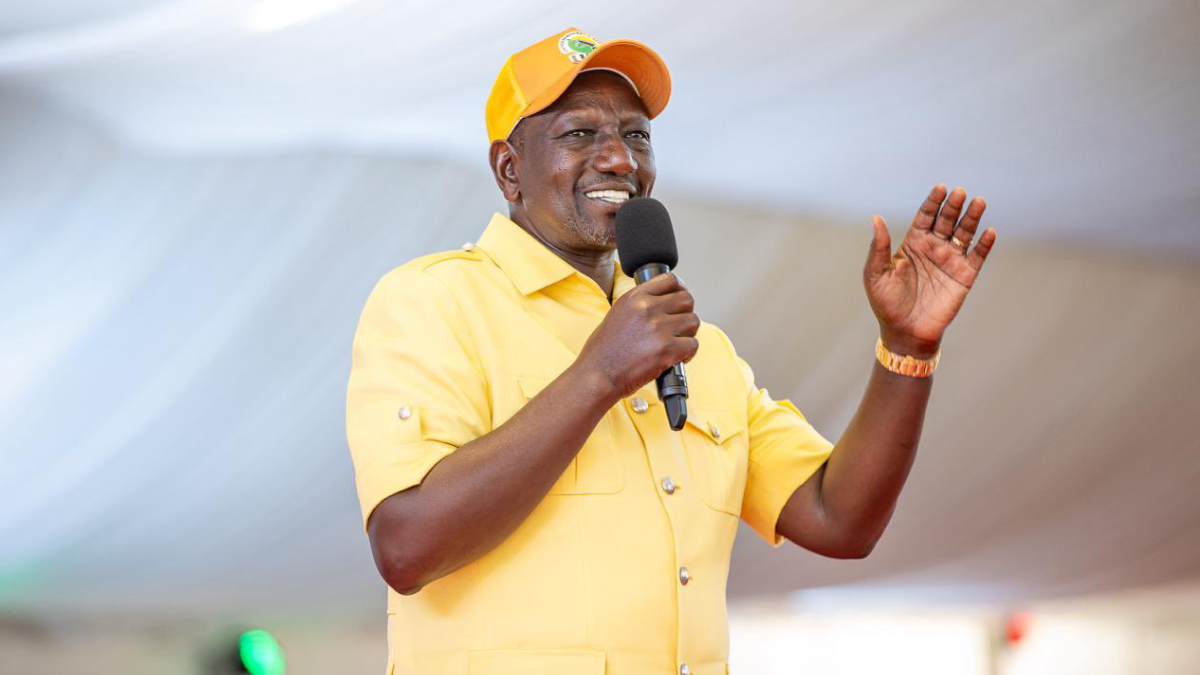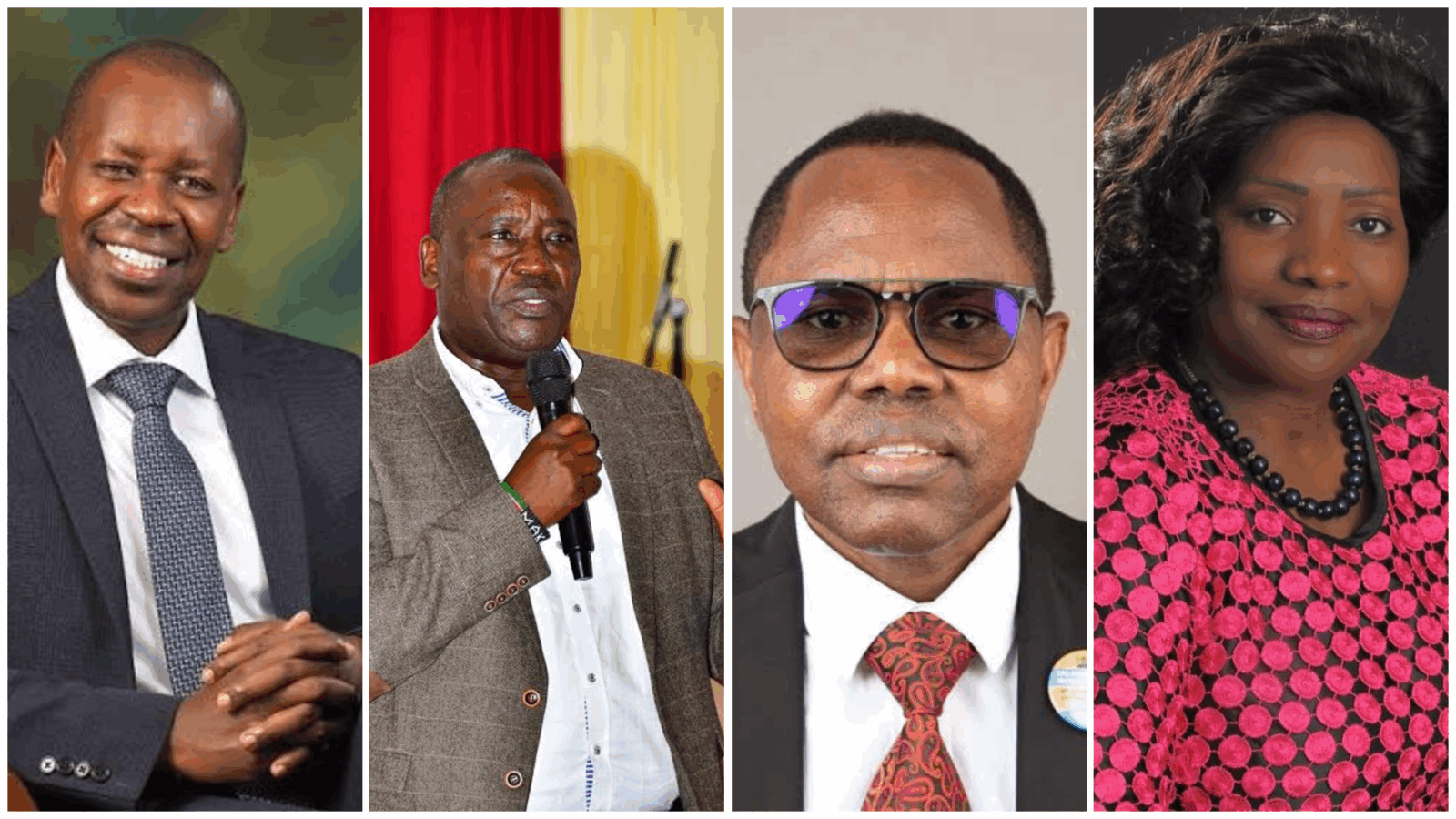Chelsea’s dynamic full-back Marc Cucurella is an established first-team regular under coach Enzo Maresca and a European champion with Spain.
But despite Cucurella finding form and establishing himself as one, if not, the best leftbacks in world football, the accolades mask a deeply personal narrative of love, struggle, and amazing strength as he balances fatherhood and professional football.
Cucurella and his partner Claudia Rodríguez have three children: Mateo, Rio, and Bella who were born in 2019, 2021, and 2023 respectively. Their lives changed when Mateo was diagnosed with autism in early 2022, shortly after moving to London.
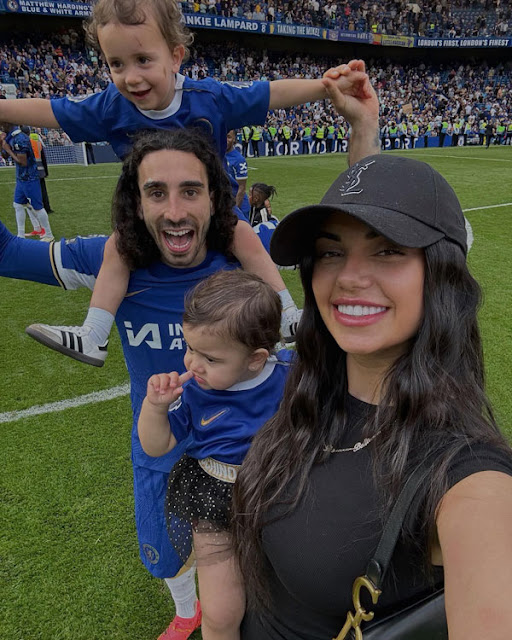
Early on, Brighton doctors struggled to explain Mateo’s issues, and he often grew upset at school. The couple tearfully described this difficult time on Amazon Prime’s ‘Married to the Game’. Claudia says she used to drop Mateo off at school when pregnant, and he will always return home in tears every afternoon.
Cucurella told La Media Inglesa: “At Brighton he was still small. The doctor didn’t tell us what he had, he was still too young to know. It’s difficult. Nobody teaches you how to be a parent, but in the end, you see. An autistic child doesn’t understand things like his siblings, you have to learn to understand him.

“It affects him a lot, you don’t see him well and you don’t know how to help him. He didn’t do well at regular school, he got upset, he wasn’t happy. He didn’t adapt, he stayed crying all the time. He would spend two or three hours and he didn’t like it, we had to go and get him. That also affects you a lot, you don’t see your child well and you don’t know how to help him.”
In the Amazon piece, Cucurella is seen wiping tears from his eyes and remarking, “Okay, your kid is autistic but you aren’t prepared. Learn a lot.” Mateo’s sensitive disposition made holidays and changes extra difficult.
Claudia, at the time pregnant with their second child Rio, detailed sad daily routines dropping Mateo off at school and returning home in tears, worried. “You feel like the world is collapsing,” she added. “Want to contribute, but don’t know how.”
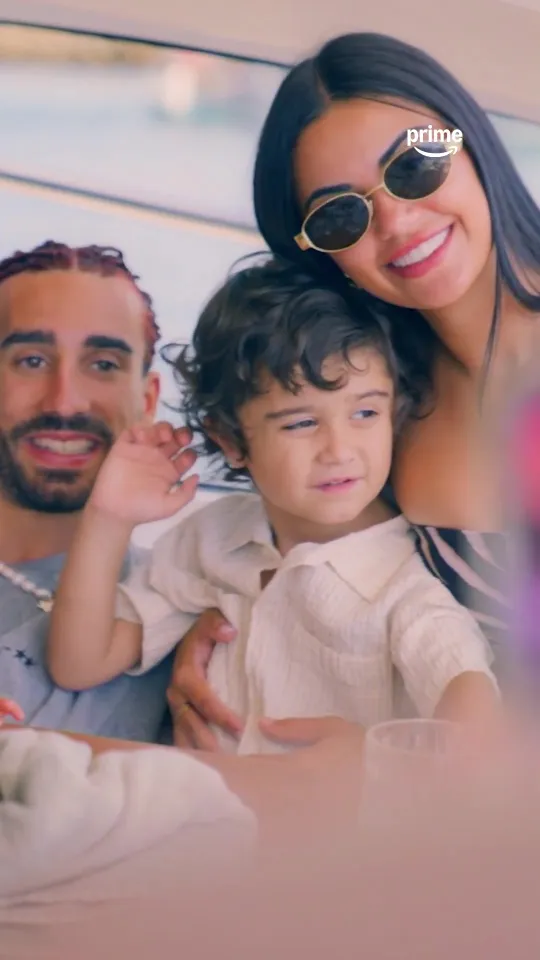
A turning moment was getting aid. Support structures helped Mateo achieve stability at a London specialist school after the family enrolled him. Communication and peaceful afternoons brought relief and hope, but their advancement took time.
“It’s difficult, everything is harder,” Cucurella said, “but when he achieves something, even a small step, it gives so much more satisfaction.”
What is autism?
Autism spectrum disorder (ASD) is the full medical name for autism. The DSM-5-TR defines ASD as a difference in brain functioning that affects how you communicate and interact with others. For example, you may use eye contact or body language differently than someone who’s neurotypical.
This brain difference also affects various aspects of your behavior, interests or activities. For example, you may repeat movements or sounds (a behavior known as “stimming”) to regulate your emotions. You may prefer a fixed routine over change.
Reflections go beyond football for Cucurella. Chelsea’s difficult tenure overwhelmed him with professional pressure and personal upheaval, as his adjustment to England’s top flight coincided with a painful period at home.
Claudia explained that those months taxed their marital and mental strength with tears. Despite obstacles, Cucurella succeeded. After early crowd boos, he became a tactical key under Pochettino and Maresca.
Success on the field
The professional and personal pressure was overwhelming. The 2024–25 season saw Cucurella quietly recover. Enzo Maresca’s system suits him, and he is prospering. He has just helped Chelsea win the UEFA Conference League and the Club World Cup trophy, while scoring seven goals in in the process.
Cucurella found balance. He often stressed household presence. “Football is important,” he told Chelsea’s media. Family matters most. Find time to be with your kids and join their world.”
Outside of football, Claudia has been an advocate for mothers of neurodivergent children, sharing their experience to decrease stigma. Their honesty has shown the emotional struggles of autistic families, especially in the isolating and high-pressure world of professional athletics.


